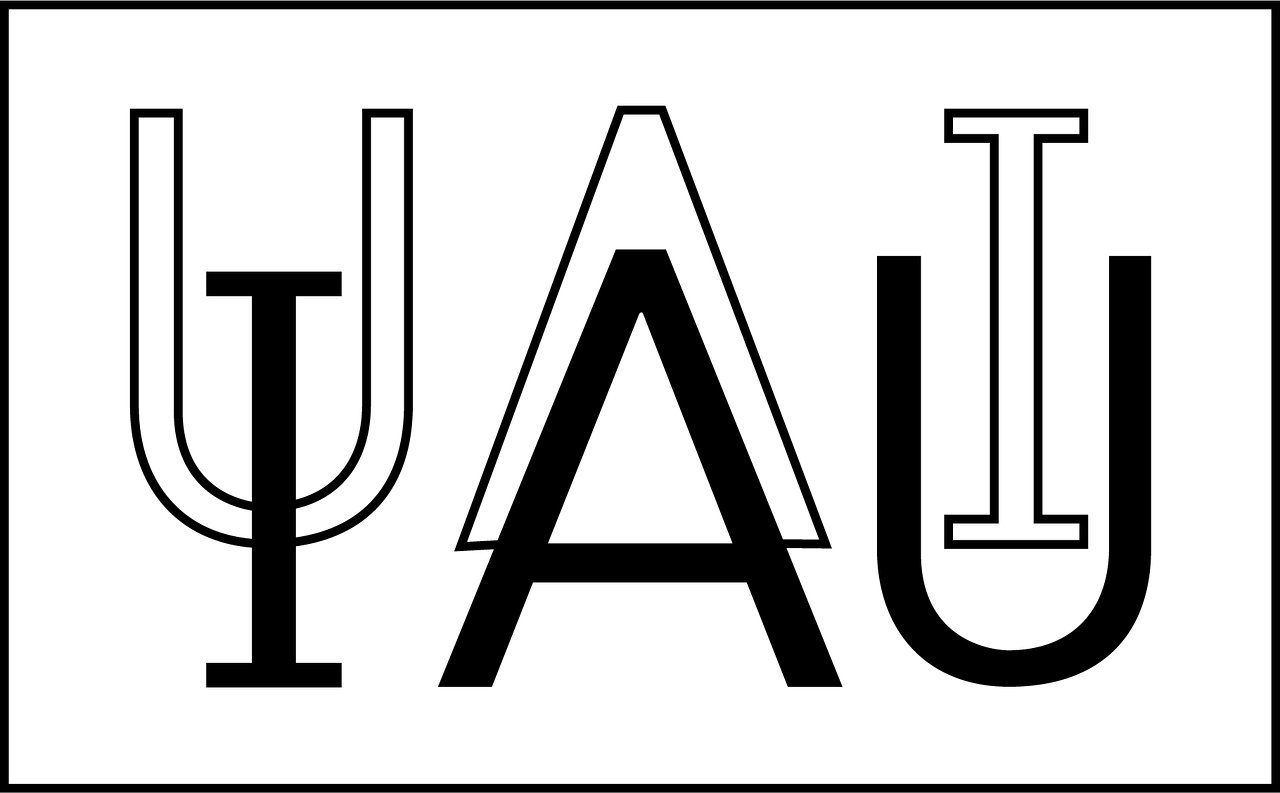This Focus Meeting concentrates on the capacity and feasibility to build networks of remote/robotic telescopes for educational use at undergraduate and high school level (last years). Access to remote/robotic telescopes will contribute in building a critical mass of astronomers, but most importantly, it will contribute to STEM education.
The ultimate goal is to enhance the scientific capacity of Global South countries. Performing research-oriented, observation-based hands-on projects using remote/robotic telescopes allows young students to maintain and raise their interest in STEM-oriented disciplines. An inventory of the worldwide capacity of telescopes for such purpose, the content of the project and a thorough discussion of the opportunities in offering network facilities to universities in need, can mean an important step towards that higher mentioned goal.
I - The present situation
The desired outcomes of this session are:
- A comprehensive overview of important robotic/remote networks available for education as well as the conditions for their use. We foresee that an inventory is prepared before the meeting.
- Which remote/robotic telescopes are specifically used, at what frequency, for what educational purpose at the universities?
- What are the results obtained by the universities and high schools where such hands-on activities are developed, with a focus on the Global South world? How have the Tutors and Instructors been trained? Other lessons that other can learn from?
Proposed invited talks:
- Ramasamy Venugopal and Kevin Govender (OAD, South Africa): an overview of the use of remote/robotic telescopes through the OAD applications: purposes and public.
- Edward Gomez (Las Cumbres Observatory, Cardiff, UK): an overview of the use of telescope time granted for education at LCO: purposes and public.
- Myriam Pajuelo (Pontificia Universidad Católica del Perú): an example of use remote/robotic telescopes for undergrads at the PUCP, Lima, Peru.
II - The future:
The desired outcomes of this session are:
- Discussion on the stimulating power of observational projects for student at undergraduate level. How can it be adapted to a University Curriculum taking into account the variety of university teaching policies?
- Evaluation of the need of access to remote/robotic telescopes, with a focus on the African continent.
- The availability of the faculty members to develop such hands-on activities. Tutor trainings needed for such teaching.
- New networks of remote/robotic telescopes that may emerge from collaborations between observatories already existing in several African countries amongst others. How to provide an access, at no-cost, to remote/robotic telescopes for the Global South countries?
- The use and sharing of databases stored in the different observatories of the network.
- Concluding: Round Table Discussion
Proposed invited talks
- Kshitij Thorat (University of Pretoria, South Africa): An example of use remote/robotic telescopes for undergraduate students at the university of Pretoria: Student response and possible improvements.
- Thulani Jili (University of Zululand, KwaZulu-Natal, South Africa): Hands-on activity at the university with remote/robotic telescopes: needs and possibilities.
- Abdelmajid Benhida (Cadi Ayyad university, Marrakech, Morocco): the Oukmaiden observatory in Morocco with robotic telescopes. From its use how to create a network of remote/robotic telescopes in Africa? The partners of such a project and its funding
